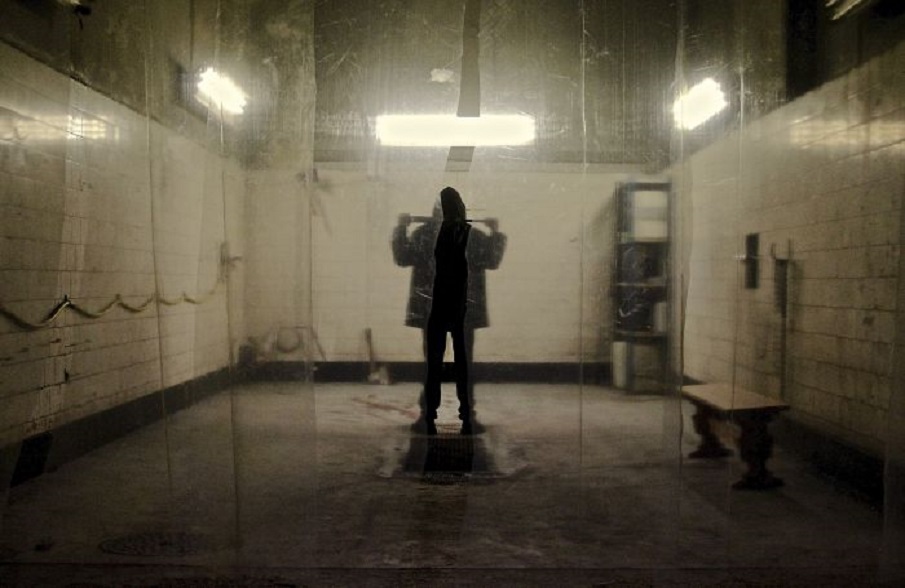Diane Keaton, an icon of wit and intelligence on screen, dies at 79
The Oscar-winning star of Annie Hall and The Godfather dies at 79, leaving a legacy of wit, warmth and freedom.
Listeners:
Top listeners:
 play_arrow
play_arrow
ENGLISH Channel 01 If English is your language, or a language you understand, THIS IS YOUR CHANNEL !
 play_arrow
play_arrow
ITALIAN Channel 02 Se l’italiano è la tua lingua, o una lingua che conosci, QUESTO È IL TUO CANALE!
 play_arrow
play_arrow
EXTRA Channel 03 FRED Film Radio channel used to broadcast press conferences, seminars, workshops, master classes, etc.
 play_arrow
play_arrow
GERMAN Channel 04 Wenn Ihre Sprache Deutsch ist, oder Sie diese Sprache verstehen, dann ist das IHR KANAL !
 play_arrow
play_arrow
POLISH Channel 05
 play_arrow
play_arrow
SPANISH Channel 06 Si tu idioma es el español, o es un idioma que conoces, ¡ESTE ES TU CANAL!
 play_arrow
play_arrow
FRENCH Channel 07 Si votre langue maternelle est le français, ou si vous le comprenez, VOICI VOTRE CHAINE !
 play_arrow
play_arrow
PORTUGUESE Channel 08
 play_arrow
play_arrow
ROMANIAN Channel 09 Dacă vorbiţi sau înţelegeţi limba română, ACESTA ESTE CANALUL DUMNEAVOASTRĂ!
 play_arrow
play_arrow
SLOVENIAN Channel 10
 play_arrow
play_arrow
ENTERTAINMENT Channel 11 FRED Film Radio Channel used to broadcast music and live shows from Film Festivals.
 play_arrow
play_arrow
BULGARIAN Channel 16 Ако българският е вашият роден език, или го разбирате, ТОВА Е ВАШИЯТ КАНАЛ !
 play_arrow
play_arrow
CROATIAN Channel 17 Ako je hrvatski tvoj jezik, ili ga jednostavno razumiješ, OVO JE TVOJ KANAL!
 play_arrow
play_arrow
LATVIAN Channel 18
 play_arrow
play_arrow
DANISH Channel 19
 play_arrow
play_arrow
HUNGARIAN Channel 20
 play_arrow
play_arrow
DUTCH Channel 21
 play_arrow
play_arrow
GREEK Channel 22
 play_arrow
play_arrow
CZECH Channel 23
 play_arrow
play_arrow
LITHUANIAN Channel 24
 play_arrow
play_arrow
SLOVAK Channel 25
 play_arrow
play_arrow
ICELANDIC Channel 26 Ef þú talar, eða skilur íslensku, er ÞETTA RÁSIN ÞÍN !
 play_arrow
play_arrow
INDUSTRY Channel 27 FRED Film Radio channel completely dedicated to industry professionals.
 play_arrow
play_arrow
EDUCATION Channel 28 FRED Film Radio channel completely dedicated to film literacy.
 play_arrow
play_arrow
SARDU Channel 29 Si su sardu est sa limba tua, custu est su canale chi ti deghet!
 play_arrow
play_arrow
“Conversation with” at the 20th Marrakech IFF, interview with actor Willem Dafoe Bénédicte Prot

 play_arrow
play_arrow
Arto Halonen talks about his documentary "White Rage" #jedensvet fredfilmradio
PODCAST: FRED’s Matt Micucci interviews Arto Halonen, director of White Rage, which had its international premiere at the 2016 One World Film Festival.
To listen to the interview, click on the ► icon on the right, just above the picture of the film
What makes an apparently harmless person reach breaking point, and commit terrible acts of violence? Director Arto Halonen tries to come up with an answer with this documentary, which illustrates a scholar’s theory that revolves around the principle or “white rage,” in which these actions are inspired by childhood traumas and repeated acts of bullying.
Since its theatrical release on its home turf of Finland, White Rage has inspiredmany debates among people, and now the documentary had its international premiere in the programme of the 2016 One World film festival in Prague. We caught up with the director to talk about the film, how he first first came across this theory, how the film was constructed by blending the line between the documentary and fictional form and how this film has inspired and will inspire more discussions on its central topic.
WHITE RAGE: As a boy Lauri experienced harsh bullying, in elementary, middle and high school. Everywhere he seems to have attracted the darker side of people and became an easy target. Following other attacks and humiliations the anger in him grew; he became interested in guns and fantasised with mass murder. The documentary is formally built on an impressive idea. Lauri’s voiceovers tell of the darkest recesses of his imagination and bruised soul, which are visually depicted in re-enacted scenes and TV news footage of bloody attacks by young people on their classmates, by people who likely went through the same hell as Lauri, but whom no one noticed until it was too late.
Written by: fredfilmradio
Arto Halonen Documentary Matt Micucci One World
Guest
Arto HalonenFilm
White RageFestival
One World Film FestivalNo related posts.
The Oscar-winning star of Annie Hall and The Godfather dies at 79, leaving a legacy of wit, warmth and freedom.
todayOctober 12, 2025 1
Dust to Dreams Producer Mo Abudu discusses bringing a Lagos-based story to the BFI London Film Festival and the importance of diverse representation in cinema.
Festival programmer Grace Barber-Plentie talks through the highlights of London Film Festival 2025 from Shakespearean-inspired films to star-studded premieres
Edinburgh Spanish Film Festival
Breaking Walls – a heartfelt comedy and road movie about generational change, masculinity, fatherhood and Europe's evolving identity. Discover its powerful social insights in this provoking mix of humour and social drama.





© 2023 Emerald Clear Ltd - all rights reserved.